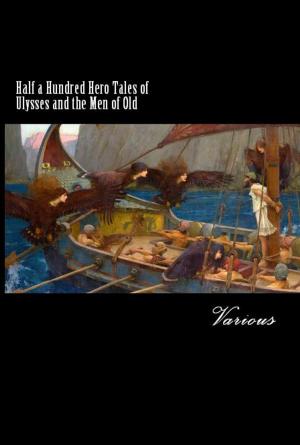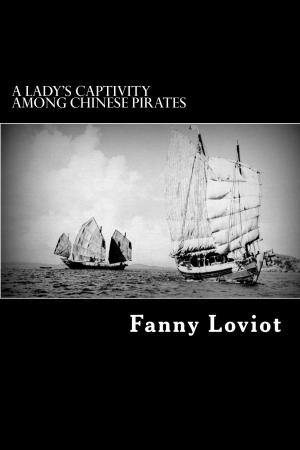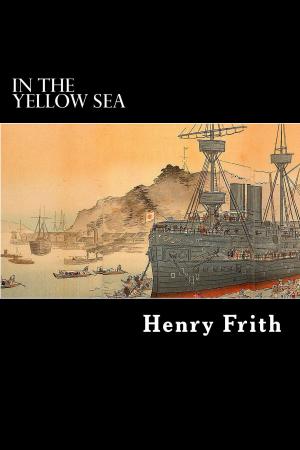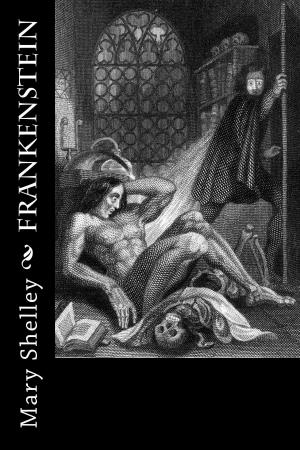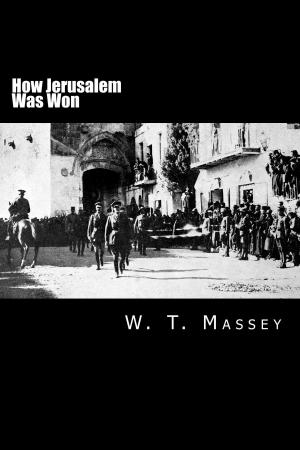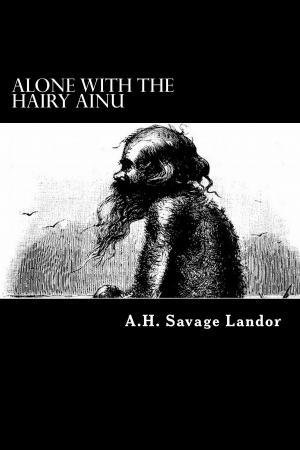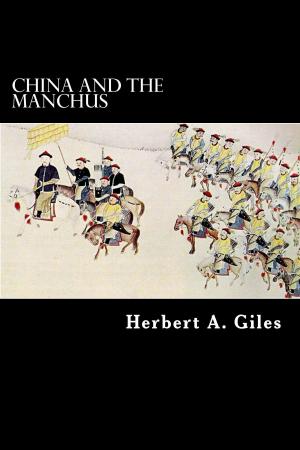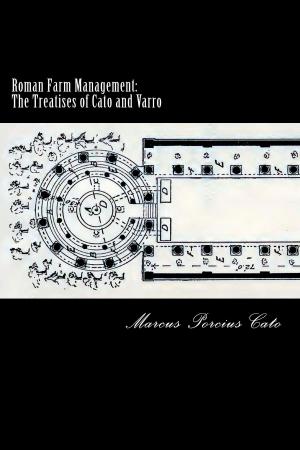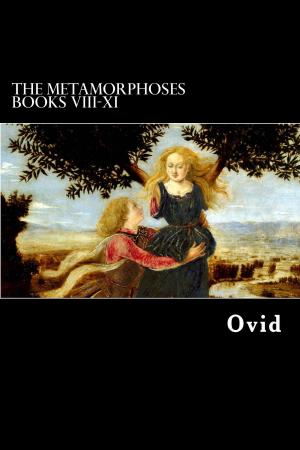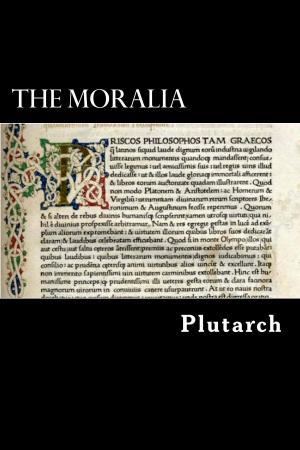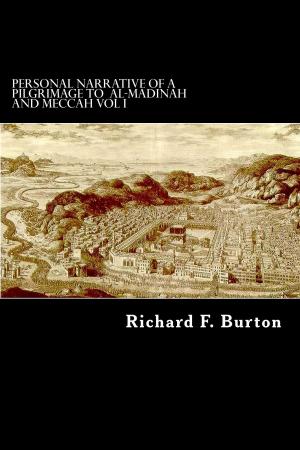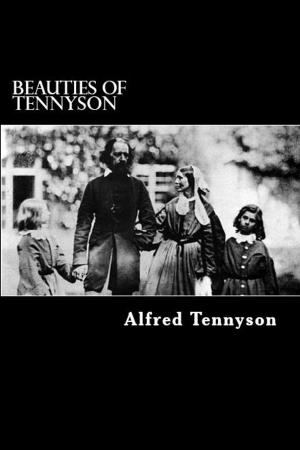Prometheus Bound
and The Seven Against Thebes
Nonfiction, Entertainment, Drama, Greek & Roman, Fiction & Literature, Classics| Author: | Aeschylus | ISBN: | 1230000101321 |
| Publisher: | Herne Ridge Ltd. | Publication: | January 21, 2013 |
| Imprint: | Language: | English |
| Author: | Aeschylus |
| ISBN: | 1230000101321 |
| Publisher: | Herne Ridge Ltd. |
| Publication: | January 21, 2013 |
| Imprint: | |
| Language: | English |
"Prometheus Bound" is the first and only surviving play in a trilogy of tragedies called the Prometheia by Aeschylus featuring the Titan Prometheus who is bound to a rock as punishment by Zeus for providing the knowledge of fire to humans. The other two plays from the rilogyunfortunately only survive in fragments and are "Prometheus Unbound" and "Prometheus the Fire-Bringer".
"The Seven against Thebes" is the third play in an Oedipus-themed trilogy produced by Aeschylus in 467 BC. The trilogy is sometimes referred to as the Oedipodea. It concerns the battle between an Argive army led by Polynices and the army of Thebes led by Eteocles and his supporters. The trilogy won the first prize at the City Dionysia. Its first two plays, Laius and Oedipus as well as the satyr play Sphinx are no longer extant.
Aeschylus (circa 525 BC – 455 BC) was the first of the three ancient Greek tragedians whose plays can still be read or performed, the others being Sophocles and Euripides. He is often described as the father of tragedy: our knowledge of the genre begins with his work and our understanding of earlier tragedies is largely based on inferences from his surviving plays. According to Aristotle, he expanded the number of characters in plays to allow for conflict amongst them, whereas previously characters had interacted only with the chorus. Only seven of his estimated seventy to ninety plays have survived into modern times.
"Prometheus Bound" is the first and only surviving play in a trilogy of tragedies called the Prometheia by Aeschylus featuring the Titan Prometheus who is bound to a rock as punishment by Zeus for providing the knowledge of fire to humans. The other two plays from the rilogyunfortunately only survive in fragments and are "Prometheus Unbound" and "Prometheus the Fire-Bringer".
"The Seven against Thebes" is the third play in an Oedipus-themed trilogy produced by Aeschylus in 467 BC. The trilogy is sometimes referred to as the Oedipodea. It concerns the battle between an Argive army led by Polynices and the army of Thebes led by Eteocles and his supporters. The trilogy won the first prize at the City Dionysia. Its first two plays, Laius and Oedipus as well as the satyr play Sphinx are no longer extant.
Aeschylus (circa 525 BC – 455 BC) was the first of the three ancient Greek tragedians whose plays can still be read or performed, the others being Sophocles and Euripides. He is often described as the father of tragedy: our knowledge of the genre begins with his work and our understanding of earlier tragedies is largely based on inferences from his surviving plays. According to Aristotle, he expanded the number of characters in plays to allow for conflict amongst them, whereas previously characters had interacted only with the chorus. Only seven of his estimated seventy to ninety plays have survived into modern times.


